What Does A Psychedelic Integration Consultant do?
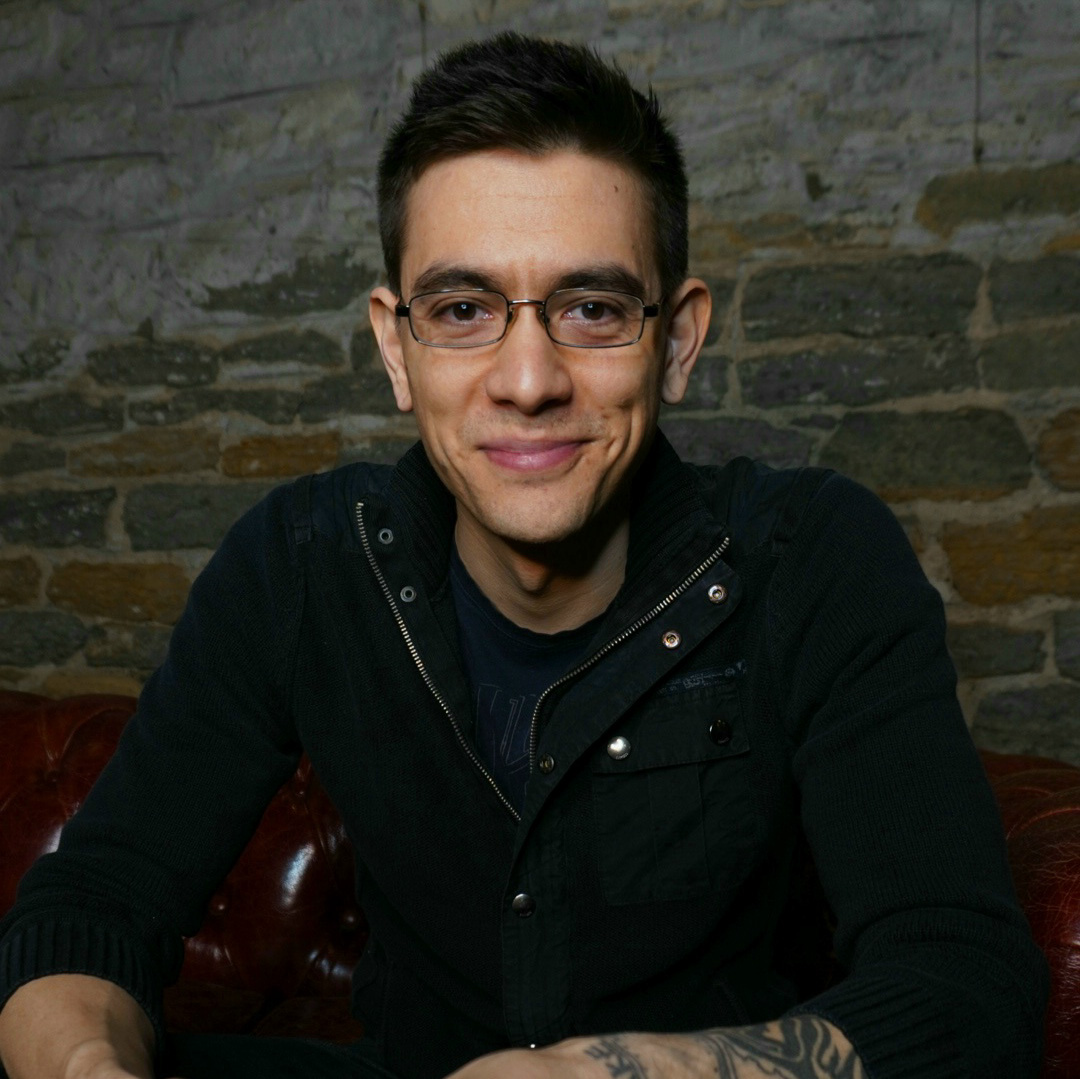
Michael Pollan’s book, How to Change Your Mind: What the New Science of Psychedelics Teaches Us About Consciousness, Dying, Addiction, Depression, and Transcendence, may have triggered a bit of a psychedelic renaissance.
That and countless anecdotes about how psychedelics have been helping those suffering through mental health issues, particularly in the last couple of years.
Pollan takes a deep dive into common psychedelics, such as psilocybin mushrooms, LSD, DMT, MDMA, and Ayahuasca, looking into the why behind how these compounds trigger experiences that help relieve common kinds of mental suffering, including depression, anxiety, and PTSD.
In the last several years, the archetype of a "psychonaut," or somebody who explores altered states of consciousness, has gone from hippies at festivals to people of all walks of life looking to find relief from their depression, connect with their purpose in life, explore spirituality, or better their lives in some way or another.
(Check out this amazing documentary, From Shock to Awe about two veterans with PTSD who went on an Ayahuasca journey to find healing from the traumas they experienced in Afghanistan; available on Amazon).
As the popularity of these substances has become more widespread, research and scientific studies have increased, laws have relaxed, and a new era of wellness care has been emerging.
Christopher Gunlock (Masters of Integrative Medicine, George Washington University) is an educator and integration coach, specializing in helping people prepare for and integrate their psychedelic experiences.
After struggling with his own chronic illness and mental health issues, he has found healthy and helpful ways to utilize psychedelics to better his life. Through his platform, Open Mind Integration, and his involvement with the Psychedelic Society of Minnesota, he helps others do the same.
We met a couple of years back through the Psychadelic Society, and recently, I had the opportunity to chat with him about his services and experiences with psychedelics.
[Answers have been edited for flow and clarity.]
Tell me about the services you offer.
I help people find resources, knowledge, and a support network to have a beneficial psychedelic experience.
I basically help support people in the before and after of their psychedelic experiences through preparation and integration coaching. Integration is after the experience that someone may have.
I have strict boundaries around it. It’s one of the things that allows me to legally be so public and transparent, is that I’m not involved in the taking of the psychedelics. I’m just helping people with what the different options out there are, what are the risk factors, and who are the people who can help facilitate this.
One of the things I do is called pre-integration. This is really kind of what a lot of my focus is these days because so many people are just now coming into the world of psychedelics brand new, or they took them in college but not taken them seriously since. Maybe they read Michael Pollan’s book and think, maybe my depression could use some help.
Pre-integration is looking at key aspects of material life: Their work, their relationships, home life, physical health, the main elements of the everyday experience. Habits, beliefs, rituals, perceptions are all tied into these really critical elements of your life. That’s also where you find the resistance to what psychedelics do...
What you’re most resistant to is where lies your most unresolved wounds and traumas and assumptions, as well as destructive patterns such as addictions. Psychedelics do a powerful job of exposing that.
Pre-integration is the process of unpacking all that.
Especially if you’re doing a high-dose 3-day Ayahuasca retreat or even a few grams of mushrooms can really rock someone if they’re not ready to look at some of those aspects of their lives in a way that they’re not used to. The pre-integration is a great way to ensure you’re going into it in the safest possible way, reducing the potential harm, and ensuring you get the most out of it, including their longest-term and most sustainable benefits, and making this experience the most meaningful as possible.
I also work with people after they get back from an experience or someone who’s already done a lot of psychedelics, maybe not in the best way, and looking to make sense of a rough trip.
Occasionally, I get people going through a transition point in their life and they’re questioning a lot. I help people integrate what comes up, making the experience work for you rather than against you.
That’s the reality, though, [a psychedelic experience] can make you better or worse depending on how well you can integrate, how stable you are, and how much support you have.
How did you become interested in this?
I just started doing a lot of psychedelics when I was younger. That was really the “training,” was just taking it through the last fifteen years of my young adult life. That led to an interest in eastern spirituality and meditation, philosophy, different mind-expanding practices.
I went through my own integration challenge which ultimately led me to a really dark place. I found out the hard way that psychedelics can make your life more difficult and be somewhat ungrounding and disassociating if you’re not actively integrating from the get-go.
When I first got into it, I was just a curious young man, like a lot of people who got into psychedelics. I didn’t even know about the concept of integration, so when I was tripping a lot, it was a fantastic experience. I could feel parts of my brain that I couldn’t normally feel, and that was really inspiring to keep going. It unfolded into a lot of insights and a greater spiritual awareness of myself and the world.
The problem I encountered in my mid-twenties was that I started to become aware of things that I had no ability to actually do anything about...
I started getting idealistic about what life should be, what the world and humanity should be, but I found myself very helpless, powerless, and unintegrated. That really drove me into a deep depression that came with physical health issues.
One day, I hated my job. At one point, I didn’t have a job. I got dumped by a girlfriend. I was going through major digestive and immune issues, feeling terribly unmotivated and disconnected from people and everything, really. I was still doing psychedelics every now and then, and it was a nice, familiar, beautiful place I could go to, but it took me farther and farther away until I really started taking these messages I was getting seriously.
Of those messages, there were certain themes that were coming up, especially with mushrooms around the human connection and opening up to people, relating to childhood traumas.
I had taken the route of coping mechanisms to isolate and close off. I started to see more of what psychedelics were explaining to me and showing me where I am at now can be traced back to this patterning of a bad coping mechanism.
That was one of my first big integration moments, was seeing the relationship between my current circumstances (e.g. being physically sick) and how I would react to feeling fear or shame or guilt, or all these difficult aspects of our life experience. I then kind of made a decision, that I wasn’t going to get out of this unless I took it seriously and engaged with people and the community in particular.
That's what began this journey. Around the same time, I was looking for a psychedelic community, I was also getting my master’s in Integrative Medicine from George Washington University. In grad school, I found that my professors were very receptive when I brought up psychedelics. There were prestigious journals of science publishing about psychedelics. I got the conversation going in ways I didn’t think I ever could.
One thing led to another. I found the Psychadelic Society of Minnesota. I connected with local people, started hosting events, and started having conversations with people around psychedelics. It seemed more and more like I didn’t have to keep this part of my life hidden.
This began a really profound journey and I began to see the benefits I was getting just from the integration process. Not even taking them, just talking about them. I was getting relief from the different health and relationship issues I was having and feeling more motivated.
Then, it started clicking: Wow, these are really powerful tools. Having this validation and seeing the science made it look really applicable to what I wanted to do in terms of helping people develop healthy habits and optimizing their health in general. Seeing that psychedelics can play a big role in patterns, mindset, beliefs.
I thought, alright, health coaching can be more integration coaching. I found it was an actual job, more so around the coastal areas where all this happened first (e.g. California, Oregon), so there was a precedent set as well as a need for it, so I dove in. I didn’t really have much to lose so I might as well try something that’s new and that I’m really passionate about. It’s been going well ever since.
What are common reasons people seek out psychedelic experiences for healing?
There are a few types of people that I see frequently.
First, it’s people well into adulthood or upper age range who maybe took psychedelics in college, or maybe not at all, but never took them seriously. They’re getting to a point in life where they’ve hit a wall. They’re unhappy, they’re lacking a sense of purpose, a sense of meaningfulness, or they’re straight-up sick and debilitated by depression, OCD, PTSD, etc. They heard about the potential of psychedelics and the various ways they help.
Another type of person I see is younger generations where they’re already very familiar with psychedelics, have taken them a lot, but now are seeing the mainstream exposure of people using psychedelics for beneficial purposes and wanting to get the most out of their experiences.
There is also the type of person who doesn’t necessarily want to take psychedelics, but they have a natural proclivity to expanded states of consciousness. They’re going through a spiritual emergence of sorts. They have an innate openness, an open mind, and oftentimes, go through a stressful or traumatic moment in their life which causes them to go through a great shift in some way, and they’re shaken. Then this thing is released inside of them and they’re sort of in this trip without drugs. They’re having experiences with a sense of oneness and connection to all things, a greater awareness, associating with religious archetypes, and they just don’t know who to talk to so they find someone like me.
Clinically, the words “long-term psychosis” or “psychotic,” are used, or sometimes even “schizophrenic” or “bipolar.” Our current system of understanding from a scientific perspective is very lacking for folks like this who are in these expanded, open states of consciousness. Psychedelics are a great way to understand these states of consciousness from a scientific perspective, but unfortunately, most scientists haven’t been embracing that.
What sorts of places do you see people go to to have legal psychedelic experiences?
There are a variety of options.
You’ve got your legal retreats where you can go out of the country: Mexico, Costa Rica, Jamaica, South America, and The Netherlands are some common ones. Those are typically very expensive on top of travel costs and not everybody can do that. It’s also a big ordeal to uproot your life and take a trip to the jungle. Some of these are in very modern places that have high-quality luxurious facilities.
Ketamine clinics have also exploded in popularity. Ketamine is not generally considered a classical psychedelic but has some psychedelic properties and some of the same benefits.
Those are the common options. Other than that, personal use is probably the next most common thing I see; people just get a hold of it somehow underground.
There’s also a fascinating landscape of decriminalization and religious freedom laws that are protecting practices, typically more indigenous plant medicines.
That’s what’s changing rapidly, especially in the U.S. There are more and more opportunities to find commercially available retreat centers.
Mushrooms are the most common but there are a lot of places that do Ayahuasca and San Pedro and Bufo Frog venom. Most of it is underground in terms of Ayahuasca churches and retreats, however, more of those are transforming into above-ground and as they go mainstream and legislative initiatives are passed.
Where do the laws in the U.S. currently stand around psychedelics?
Full medical legalization has recently hit Oregon; they passed 109 Bill (in the 2020 election) which fully legalized psilocybin therapy in therapeutic clinical settings.
Canada is leading the way with recreational mushroom use. Microdose amounts are actually legal in Canada now. A lot of cities have been decriminalized in the US and are pushing those boundaries.
Decriminalization doesn’t mean you can’t get busted, though. You can still get arrested and prosecuted by the state.
As of now, there are no states that have done full decriminalization of any Schedule I substance. Oregon is closest but it is still “de-prioritization of police enforcement,” meaning it’s still a criminal act, just instead of getting felony or jail time, you just get a small fine. What that means is that in practice, most situations you can basically just get away with whatever.
There are some cases recently of some big busts in decriminalized areas, but that’s where they’re manufacturing large amounts or selling bulk amounts. But small stuff is such a low priority.
Law enforcement is like a business; they have to pay their employees and bills like any other business, so the work they do needs an ROI. If they can’t prosecute, they won’t be able to deal out hefty fines or jail times, which is how they make money. So if legislation says, “put mushroom possession at the lowest priority,” then they won’t make a lot of money. They don’t make a lot of money on psychedelics anyway because they’re such a low abuse potential.
I read something on your website about undoing damage from bad trips. Do you get this often?
Not as often as I would like. I wish more people were seeking out help for that. I know it’s happening a lot, unfortunately, but I imagine there’s a mix of stigma around it and a fear of thinking you’re crazy, or not even knowing it’s the psychedelics that caused it.
I get people who are like, “I had a bad trip and I need help,” but it’s tricky because the state a person gets in after a really traumatic experience is that they just never want to go back there. They don’t even want to talk about it; it’s traumatic to even bring it up.
This is a big problem because psychedelics have so much positive potential and when they’ve been underground for forty years, you see people using them in ways that aren’t healthy. It’s going to be a problem for a while, and it’s gotten worse lately because of the rapid rise in popularity.
The people who are getting into psychedelics now aren’t the people who they used to be.
Before, it was younger folks going to parties and festivals, but now it’s grandmothers and mothers and fathers and businessmen and people with all kinds of mental illnesses, people with very serious traumas, heavy PTSD, personality disorders…
In the early days of psychedelic research in the 50s and 60s, they studied psychedelics on those types of people, and treating them with psychedelics was very beneficial. The research was halted and largely covered up, but there was still an insight into what they could do.
Now there are so many ways we can improve our understanding.
Conventional wisdom around how psychedelics affect people is something that I myself have had to learn a lot about in the last few years. I was accustomed to seeing people take psychedelics that were of a certain demographic and mindset, not people with a whole lot of unresolved traumas and bad coping mechanisms.
Now what we’re seeing is really unpredictable reactions to psychedelics…
What happens when a 54-year-old PTSD sufferer on heavy doses of SSRIs takes mushrooms? That’s a question we didn’t even think about asking back in the day. That’s only coming up now. There’s still so much to understand about how psychedelics interact with different types of people.
Are there any common modern-day medications that mix poorly with psychedelics?
There are some complications with medicine mixing.
SSRIs blunt the effects of most psychedelics. Different psychedelics affect these interactions in different ways. Mushrooms are generally pretty gentle with other medications. Ayahuasca and Ibogaine are a lot more powerful and riskier.
Serotonin Syndrome is a common thing that comes up. If you have too much serotonin in your system, it causes an elevation in heart rate and body temperature, and taken too far, it can kill you. There are a lot of different things to consider in terms of medicines people are taking.
People’s lives and the identities we form around our traumas and coping mechanisms can be profound and define an entire person’s existence, career, family, and environment. This can all be shaped by our resistance to the awareness of what happened to us in life.
Do you think we’re going towards a psychedelic renaissance? As the world moves forward from the trauma of the last two years, do you think psychedelics are going to have a place in helping society heal?
I’m obviously a bit biased, given my practices are revolving around that theory.
I’d say it’s a nuanced idea though because a lot of people in the mainstream will hear about psychedelics and get a message that it’s a “cure-all.” We look at it the same way as conventional medicines, you pop a pill and you get better… But the story is really different with psychedelics. Like I said before, I learned the hard way that psychedelics can actually make you worse.
We’re entering a new era where we need to evolve our understanding of mental health, and health in medicine in general, like the practice of bringing things to the surface and increasing awareness around them as opposed to the conventional methods that are suppressing awareness and what alienates you. So it’s opposite thinking.
Until we can evolve our entire medical paradigm, psychedelics may not actually have the renaissance that we would like it to.
This renaissance is highly dependent on if we as a society and if medical paradigms can evolve. Psychedelics are challenging the tenants of our conscious understanding of the world. It’s becoming such a big thing: A billion dollars invested in psilocybin research alone, so there are a lot of expectations for it.
My work is really rewarding because I get to see the before and after. Being a shaman or facilitator or guide is fascinating in itself. You see the people go through the experience and how they react to the psychedelics. I love the before and after because I get to see the actual process of someone going from being in a stuck, horrible, unhappy place to seeing them overcome all these personal obstacles and finding new elements of their gifts and talents and identity, then finding new relationships, job, home, and a new way of living.
All of that stuff, not just the psychedelics, requires so many different paths to support that process. Psychedelics are just one piece of it. If you don’t have a good therapist, a good coach, a good integration group, generally a community that you can share this journey with then you may find yourself a bit lost and sinking back into what was making your life difficult in the first place. So yeah, it’s safe to say that we still have a lot of work to do. Simply legalizing is not nearly enough.
Tell me about the research happening around psychedelics right now and what that is showing.
The world of psychedelic science is really exciting if you’re a scientist right now. In the last five years, I’ve watched psychedelics go from being a hindrance to your scientific career to being a major perk of your career. It’s a way to get noticed now.
In the world of psychiatry and treating mental health issues, the stagnancy of current treatments has really slowed things down and psychedelics have really just injected nitro boosters into it and opened up this whole area of understanding neuroscience and psychology that was entirely neglected by mainstream science and psychiatry.
Some of what I see in the biotech and pharmaceutical industry is they want to take what mechanistic benefit, like neuroplasticity and relief from anxiety and depression but remove the “trippy, visionary, spiritual, mystical,” parts of the experience.
That’s kind of funny, though. It’s a thing someone who would say who has never taken psychedelics. That part of it is the part that makes you feel. Without that, it’s just a drug. Yeah, you get a bit of neuroplasticity or temporary relief from depression, but you don’t need drugs to achieve that…
Develop a yoga practice, meditation, breathwork. You develop a sense of being in the present moment and being able to let go of the unnecessary thoughts and thinking; you don’t necessarily need psychedelics to do that, but some people need the assistance.
That’s where “psychedelic-assisted therapy” comes in.
Psychedelics themselves aren’t therapy. It’s the container you’re creating around the experience that has lasting effects.
Tell me about other things you do to help educate people on psychedelics.
I’ve done a lot of different things over the years. First was the psychedelic science club, which was my way of having conversations with people about novel studies that were coming out. That evolved into doing actual presentations around psychedelic research.
I have a background in education; I was a math tutor for seven years and always enjoyed that kind of discourse of explaining things in a way that’s more digestible and communicating more complex ideas to people who aren’t as well versed in the field. I do a lot of educational presentations. I really enjoy the audio/visual experience, using infographics and memes to describe the nuanced mechanisms of psychedelics.
More recently, I’ve been getting into the realm of shadow work which is more of the unpacking of our biases and belief systems that are attached to coping mechanisms. Avoidance and resistance of some aspect of our identity, memory, and experiences that we’ve had. It's a delicate process that involves getting people into a state of consciousness where they’re able to let some of these walls and resistances down and go into a practice, say journaling, conversational, somatic, or different ways to release.
We do these workshops or micro retreats. Basically, combining integration groups with psychedelic experiences, such as sound healing, breathwork, or meditation to get people into that state of mind. They’re a combination of shadow work with an experiential component of going into a different state of consciousness, where eventually that looks like something involving actual psychedelics.
That’s the direction I’m headed towards, especially now with decriminalization and religious freedom protections, there are more above-ground opportunities to experience psychedelics and to work with facilitators who are experienced in giving people psychedelics and acting as a coach.
I take people who are going to do their ceremonies, retreats, and I prepare them and help them afterward in how to integrate their experience. A lot of things are evolving right now and that’s the direction I’m headed into.
What are psychadelic integration groups?
Integration groups are a space for people to come to tell their stories and get feedback, ask questions, piece together a new story and a new identity.
I really can’t say enough about how important integration in a community is because psychedelics give you an opportunity to redefine who you are and reshape your assumptions about reality...
If you’re doing that in isolation, you’re not coming out in a very harmonious way. That was the lesson I learned; I took all these psychedelics as a young person and I increasingly found myself having to get away from community because I just didn’t fit in. I had all these radical ideas and I hadn’t taken the time to integrate them with other people’s ideas and societal and cultural values.
Integration groups are a fantastic way to have those conversations and bounce ideas off of others. You see reflections of yourself in other people; it’s a beautiful process of self-understanding and seeing yourself in other people. I love doing those.
We’re also doing Community Bloom events, so bigger events involving local practitioners, healing and holistic health, energy workers, yoga teachers, breathwork, sound healing, and cramming them all into one place and letting people try out different things. It’s in the realm of community building.
What new projects do you have coming up?
Right now I’m working on a new project, I’m calling it a trip-sitting network. My hope is that as we move into a more decriminalized territory with legally protected practices that we’ll see more people being able to engage with psychedelics in a way that doesn’t necessarily have to be at a retreat center or a clinic. It’s people sitting with each other and sharing the wisdom of how to hold that space in a more organic and personal way.
Clinical therapy and deeper dives in retreats are great, but what we also need is a more intimate relationship with psychedelics. Particularly mushrooms are a really good fit for trip sitting because of how gentle they are and there are not a lot of contraindications. They’re fairly easy to integrate compared to other psychedelics [like Ayahuasca].
Also, trip sitting practice and teaching people how to trip sit is a great way to integrate psychedelics into life. It becomes a more familiar, normalized aspect of community, this practice of being vulnerable with another person and that person respecting that vulnerability, then using it to help you move through things, like processing your own traumas and reprogramming your coping mechanisms.
I’m passionate about this because I think that it will accomplish something that legal psychedelic medicine will not be able to do very well because within a doctor’s office everything is very controlled. You’re not meant to have a personal relationship, which that can be useful with certain issues people are going through. But having that personal relationship can be valuable in making something like a psychedelic experience more meaningful, purposeful, and developing the internal awareness to be able to hold space for someone in a vulnerable space. It requires you to embody that mindset.
That open mind and more expanded mind in a way becoming a trip sitter is actually training yourself to be a tripper, too, so it’s like you learn to trip sit, you trip sit for someone, and they learn to trip sit from that experience so that they can be a sitter for another experience. It evolves organically in this way of people holding space for each other.
This is not a sophisticated skillset, it’s a simple on paper thing. What it does require is mindfulness and the ability to respect vulnerability. That’s something people in general or society in general needs to learn. You’re accomplishing a number of great things.
Eventually, I'd like to create space to teach practitioners to get into psychedelic-assisted whatever. The psychedelic society is great for those people.
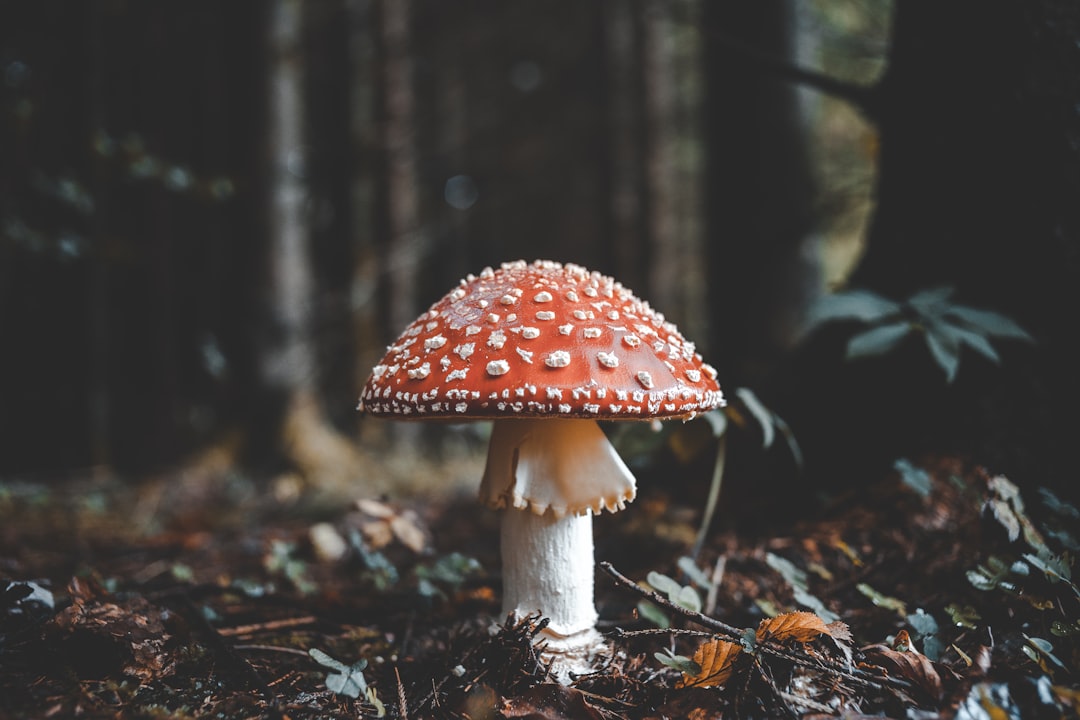
Photo by Florian van Duyn on Unsplash
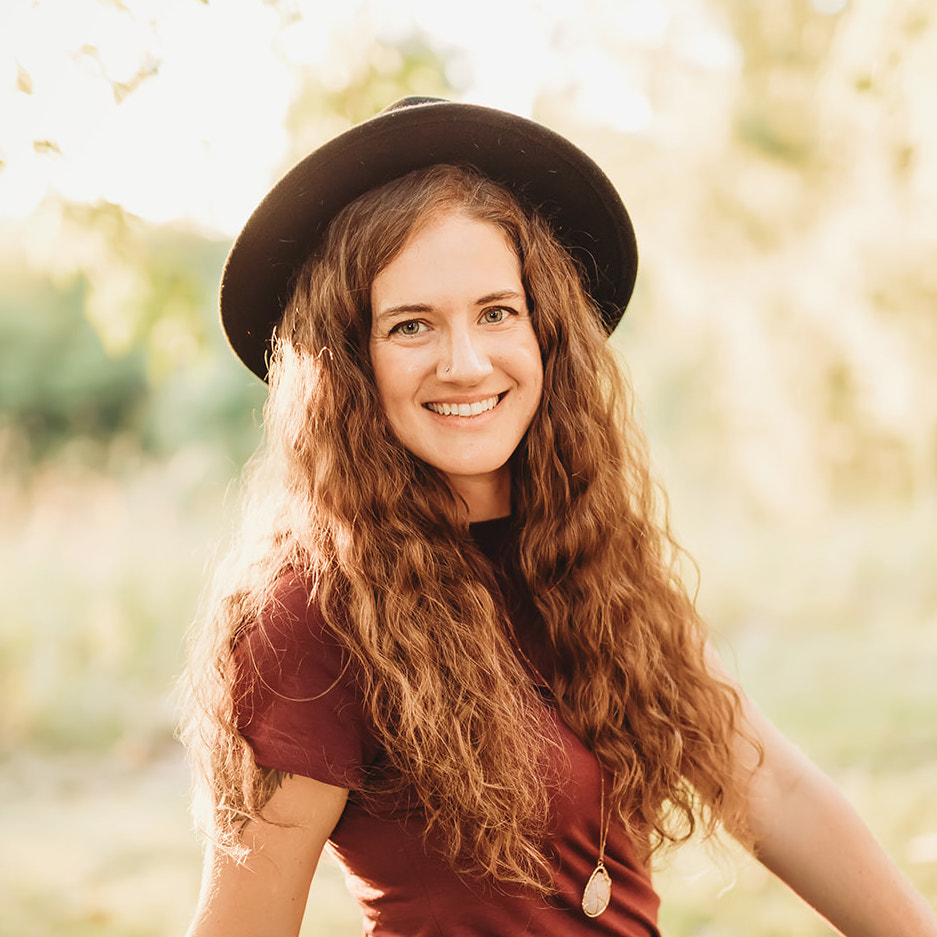



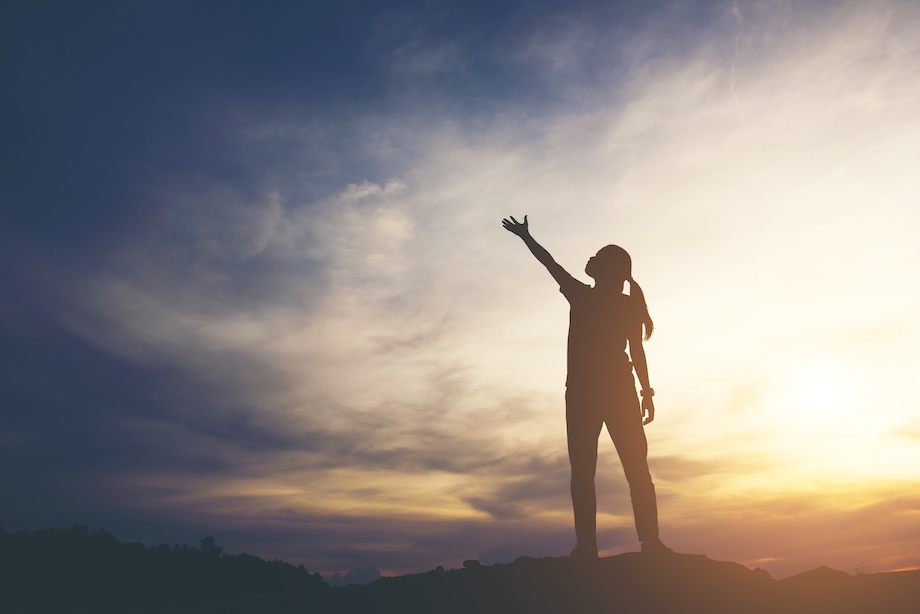



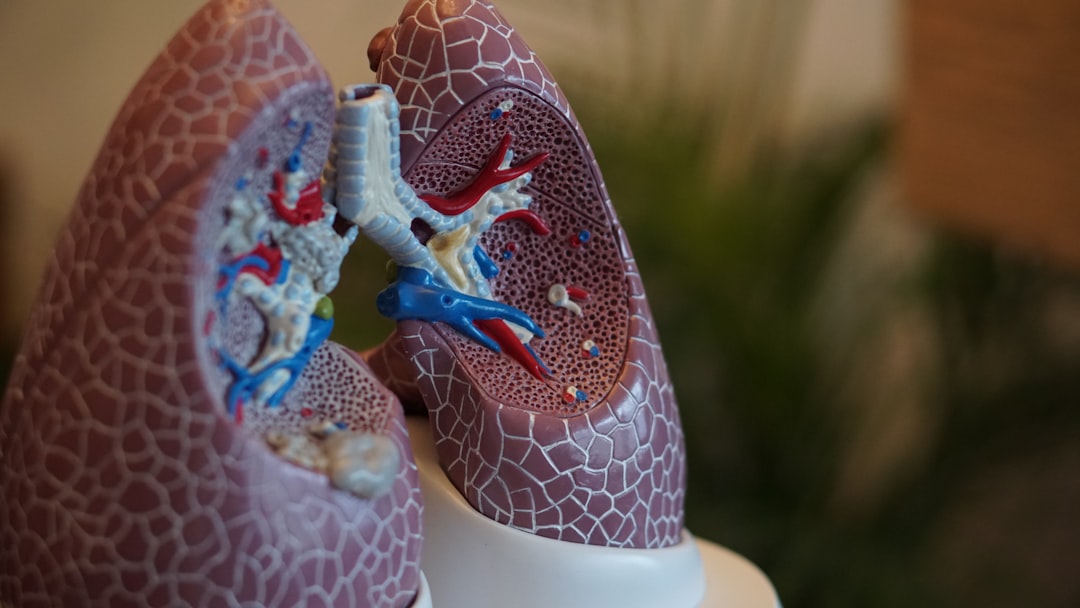
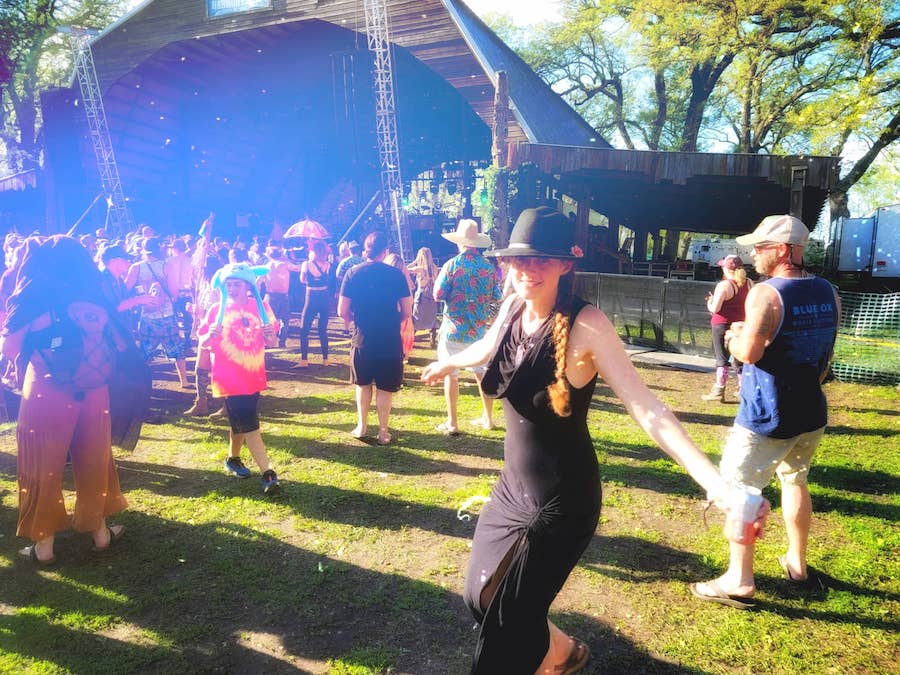


If you enjoyed this article or recipe, please consider giving it a comment! It helps others discover my blog and recipes, and your comments always make my day :) Thank you for your support!
Your email address will not be published. Required fields are marked *